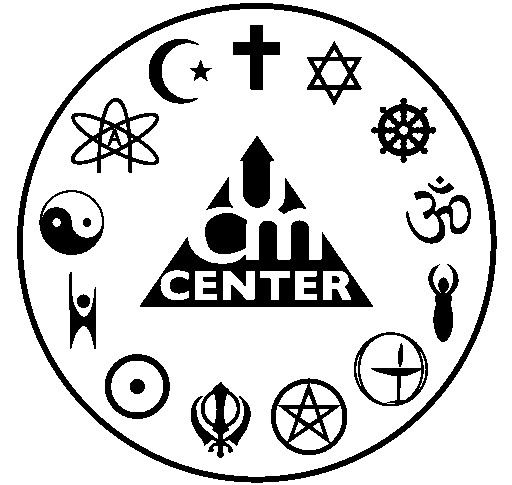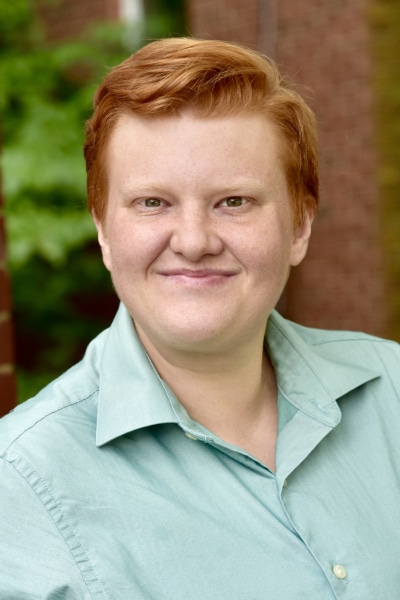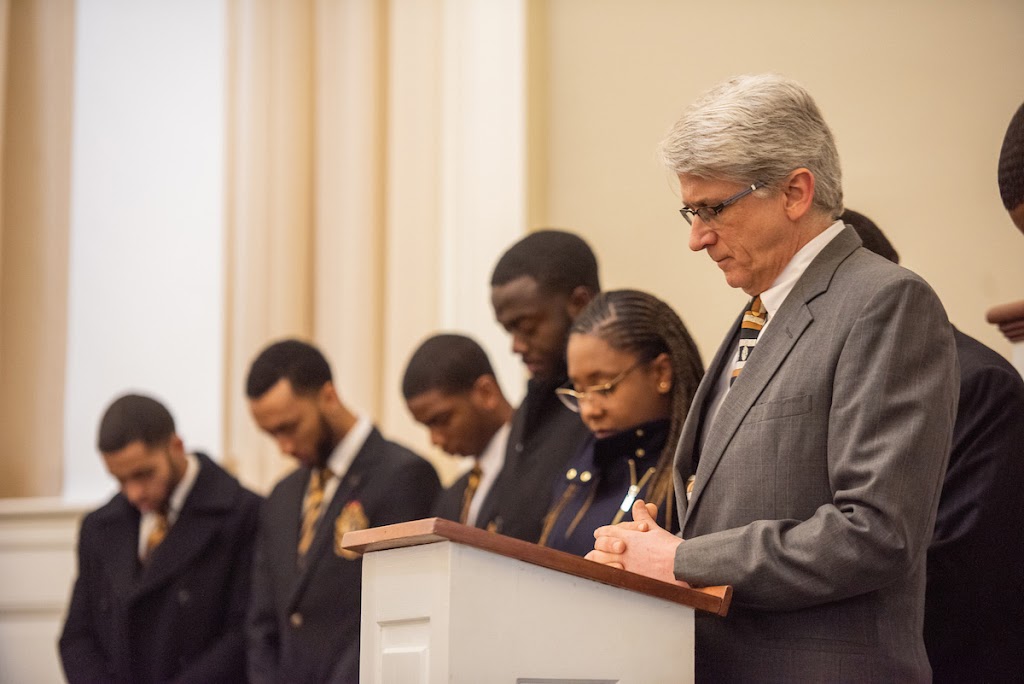We are very pleased to announce the new Executive Director of UCM. Perry County native and OU graduate Ari Faber joins a long line of directors working to advance our… Continue reading Announcing Our New Executive Director
Category: UCM Athens
UCM Director Supports Pilot Housing Program at the Gathering Place
Ari Faber, acting executive director of United Campus Ministry Center, said launching the Conestoga huts pilot program with three huts is a “modest, well-designed” way to start out. “This is… Continue reading UCM Director Supports Pilot Housing Program at the Gathering Place
OU’s Pride Center Gives Books to UCM
United Campus Ministry has accepted books and other resources formerly held by OU’s Pride Center. UCM Executive Director Ari Faber said he hopes to see students affected by the closure… Continue reading OU’s Pride Center Gives Books to UCM
UCM Closing Due to Coronavirus
In response to the expanding COVID-19 pandemic, we have some changes to announce in UCM’s staffing and operation: Starting this week and until further notice, Thursday Supper will be offered… Continue reading UCM Closing Due to Coronavirus
A Prayer for MLK Day 2020
On January 20, UCM Executive Director Rev. Evan Young delivered a prayer at the beginning of the 20th annual MLK Silent March at Ohio University. It was an extemporaneous and… Continue reading A Prayer for MLK Day 2020


